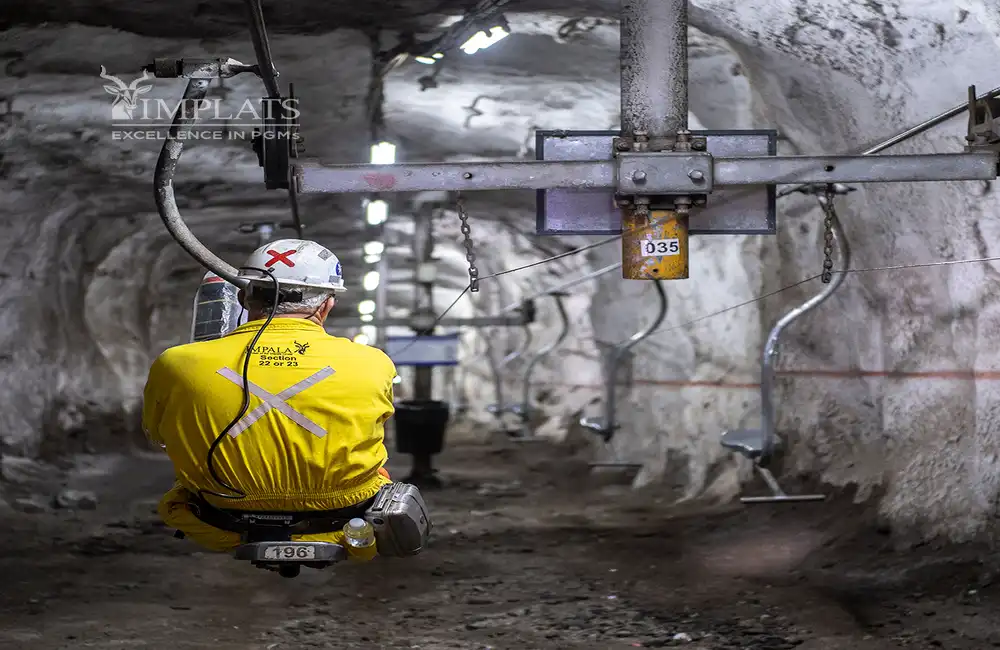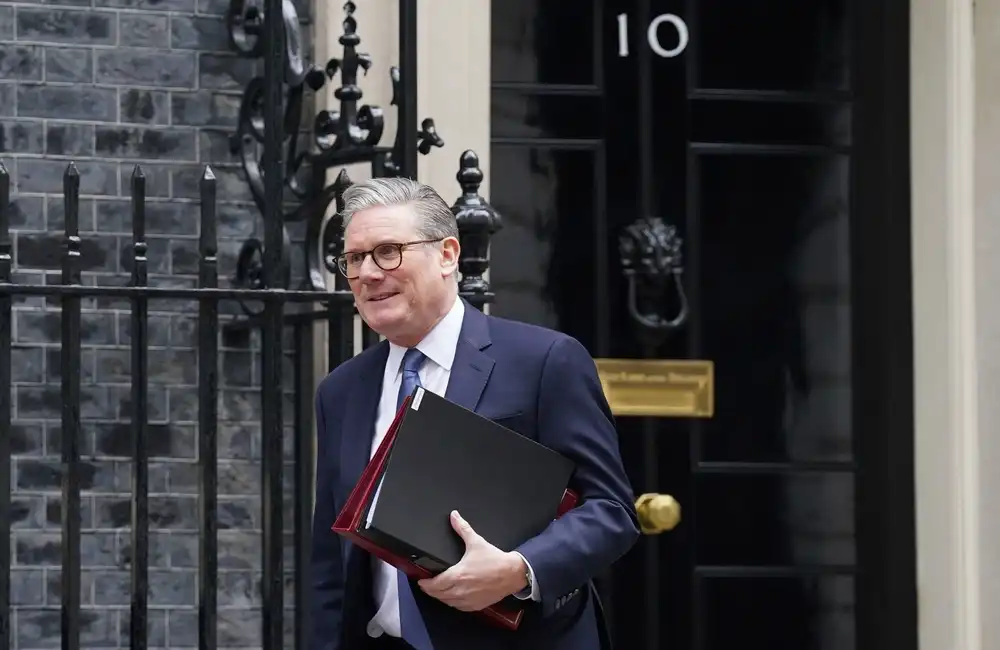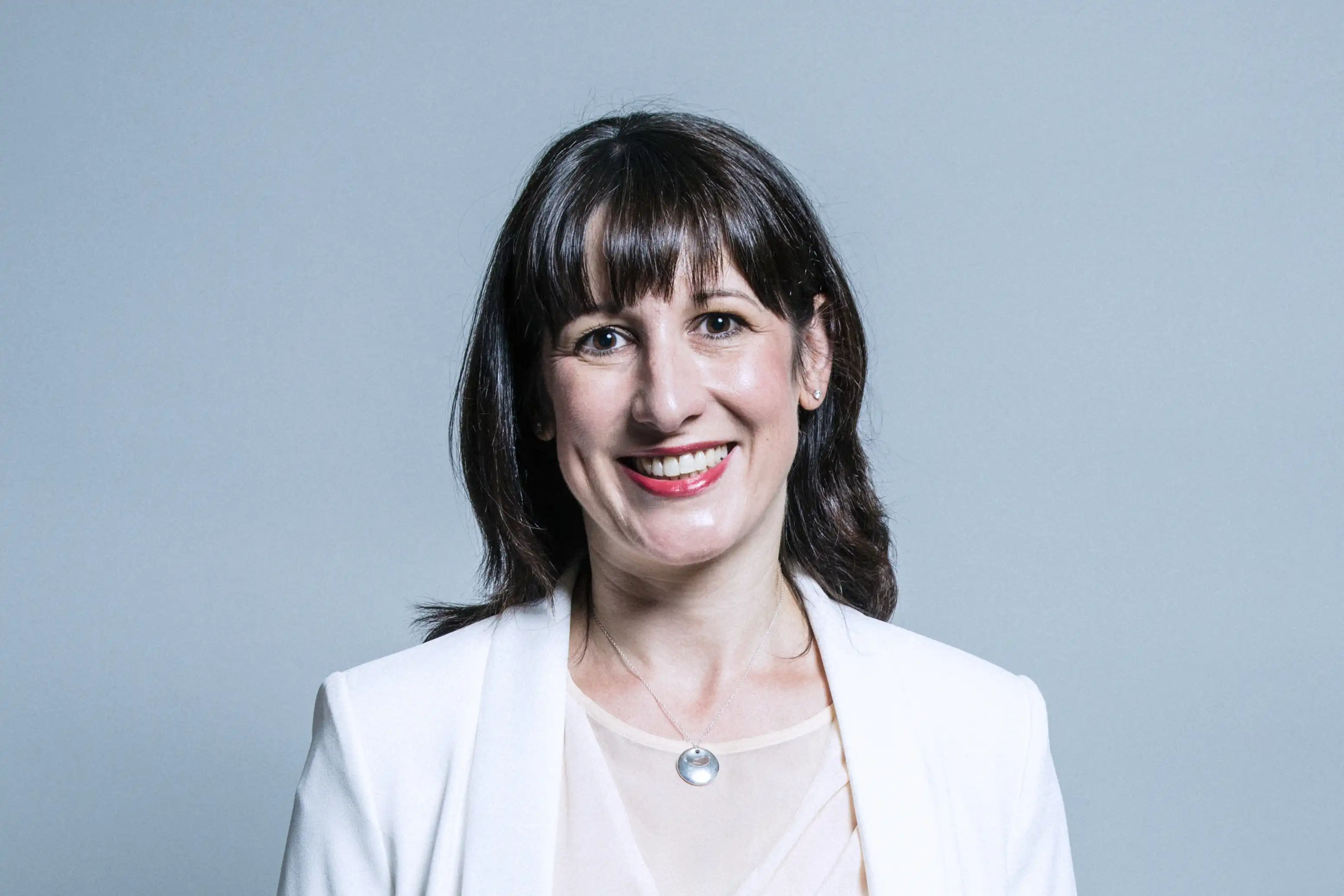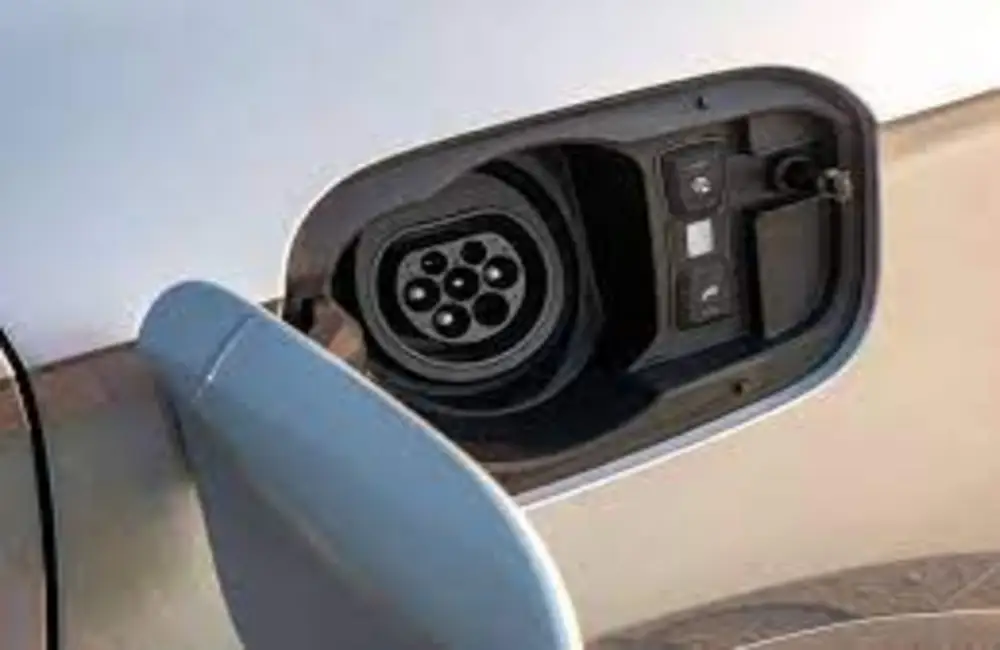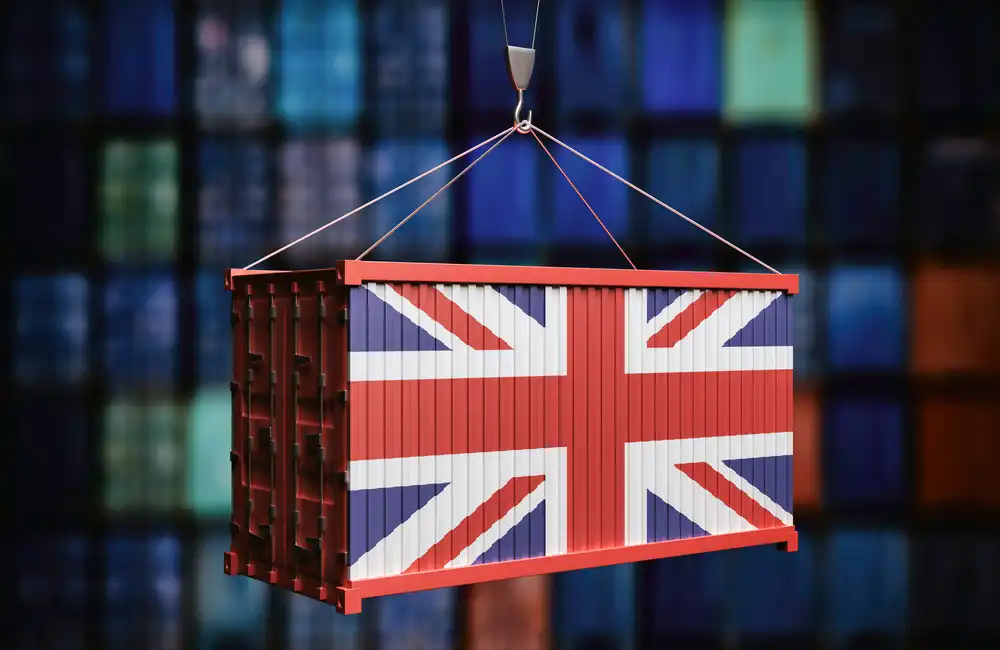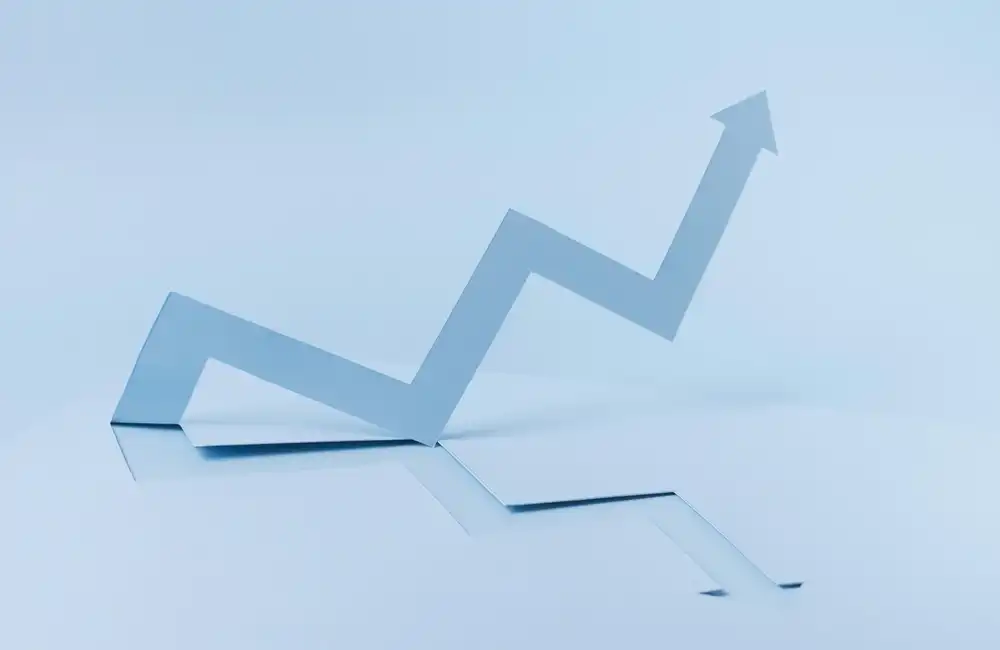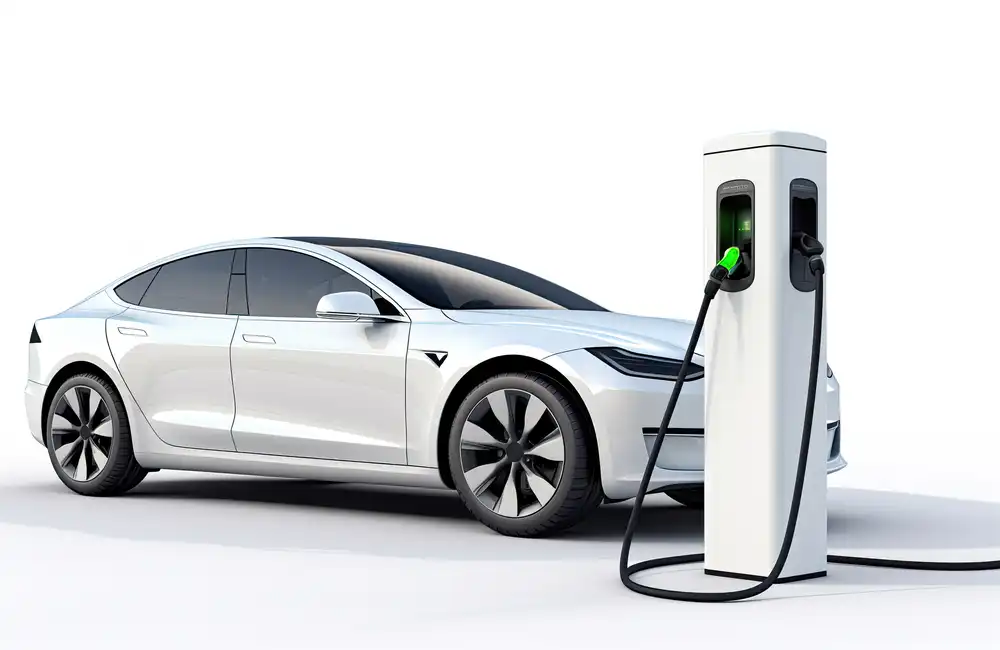The best battery electric vehicle penetration rates will likely be lower than most forecast for the medium to long term, owing to the fallout from the Russia-Ukraine crisis, the chief executive of South African-based platinum group metals and gold producer Sibanye-Stillwater said March 17.
Froneman Discusses the Future of Internal Combustion Engine Vehicles, Economic Downturn, and Metal Prices
Internal combustion engine vehicles are going to be around for a lot longer than many people think, and may even increase their market, as geopolitical sanctions and supply disruption hit the car industry and an economic downturn looms, Froneman said in an interview with S&P Global Commodity Insights.
“In the short to medium term, we are going to see some negative impacts of what’s happened in Ukraine,” Froneman said. “Western firms have shuttered auto production facilities in Russia. Disruption to the flow of car parts from Ukraine is disrupting production lines in Europe…that could see production be cut and capacity cuts, and I believe demand from civil society will be below.”
“Just when we thought we were getting past the chip shortage, we have these impacts, which are going to have a similar dampening impact as the chip shortages we saw last year,” he added.
Froneman's remarks come at the end of a recent surge in EV adoption globally.
Global light-duty plug-in electric vehicle sales exceeded expectations last year, more than doubling on the year to a record 6.2 million units, according to EV Essentials from S&P Global Commodity Insights. In China, PEV sales reached 3.1 million units for 2021 (+151%), ending a two-decade winning streak for the internal combustion engine.
In its most recent forecast, S&P Global projects global plug-in light duty EV sales will hit 9.1 million units in 2022, 13.7 million in 2025 and 26.8 million in 2030.
Bearish on the economy
Europe was already in a “sensitive” economic position before the crisis, and this is now compounded with extremely high energy prices, the Sibanye-Stillwater CEO added, and inflation is running rampant. “What this shows is that we are on our way to at least some kind of economic downturn as a result of sanctions, and that will lead to a decrease in demand. And that is going to have far more of an impact than supply disruptions in the long term.”
“I am bearish over the next year to 18 months,” Froneman said. “We’re moving from the good times into the bad times economically, and I’m talking all around the world... inflation is hitting everyone hard, fuel prices, electricity, steel, and all commodities are going up... that means EVs are not going to be very competitive and that may underpin ICEs.”
Price speculation
“The long-term fundamentals for PGMs are very good, regardless of what happens in Ukraine, as they transition from primarily being used in catalytic converters to being a foundation of the hydrogen economy,” the CEO of Sibanye-Stillwater said.
What we’ve seen in terms of movement in price in PGMs is speculation, which creates volatility,” Froneman said, adding that there had been no changes so far in the supply of palladium and platinum out of Russia.
“This recent type of price-pull trend seen in battery metals is unwarranted because if the prices keep increasing in the same way, then batteries and EVs will be too expensive to afford,” said Sibanye-Stillwater chief regional officer Europe, Mika Seitovirta.
Recent acquisitions in lithium and nickel in Europe mark Sibanye-Stillwater's expansion into battery metals.
Premiums for recycled metals
Sibanye-Stillwater is taking a step into recycling, too. Metal that had been recycled will be traded at a premium in the future because it will have a significantly lower carbon footprint than primary metal, and that will be what automotive customers will demand, Seitovirta added.
“The type of low-carbon footprint metals that don’t exist today, there will be a premium on that,” Seitovirta said. "You will need to calibrate the whole value chain on the CO2 footprint, and that needs to be as low as possible."
The executives said regionalization will be an important factor in recycling and supply chains. The company is North America’s largest PGMs recycler and plans to open a PGMs recycling plant in Europe soon, they said.


